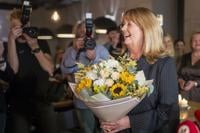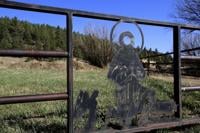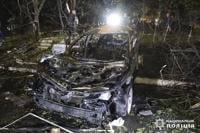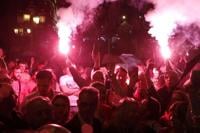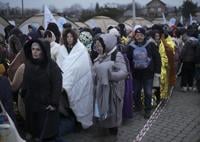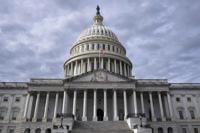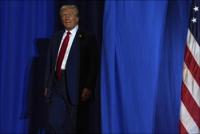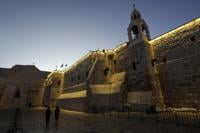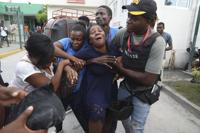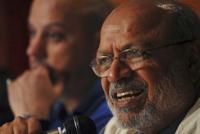VIENNA (AP) — Austria’s liberal president was on course to win a second six-year term outright Sunday, avoiding a runoff vote after a campaign in which he portrayed himself as the stable option in uncertain times.
Preliminary results gave President Alexander Van der Bellen 54.6% of the vote and his closest rival, far-right Freedom Party candidate Walter Rosenkranz, 19.1%.
Those figures didn’t include postal ballots, which will be counted on Monday. Projections for ORF public television and the Austria Press Agency for the final result showed Van der Bellen winning around 56% of the vote, with a little under 18% for Rosenkranz.
Campaign posters for the 78-year-old Van der Bellen, who hails from the environmentalist Green party but ran as an independent, featured the slogan “The Safe Choice in Stormy Times.”
Austria has faced repeated political turmoil in recent years. The Alpine country of around 9 million people went through five chancellors during Van der Bellen’s first term, with government crises giving the often-largely ceremonial head of state unusually high visibility.
There were seven contenders in Sunday's election, but Van der Bellen had the implicit or explicit backing of Austria’s mainstream parties. The Freedom Party was the only party in parliament to field a candidate against him.
Van der Bellen said that, with pre-election polls giving him a big lead, he had worried that people wouldn't turn out to vote.
“We have never had seven candidates in a presidential election before, and I don't think we have ever — at least I can't think of an example — had such an environment in which people are unsettled, where discontent with politics is high and you don't know what direction that will go in,” he told ORF.
The president said Austria faces “very uneasy times," with worries about the war in Ukraine, energy supplies and prices and a potential resurgence of the coronavirus pandemic.
“I hope there will be a kind of closing of ranks of the constructive forces in this republic so that we can tackle these problems together,” he said.
In 2016, Van der Bellen beat a more prominent Freedom Party candidate, Norbert Hofer, by about 53.8% to 46.2% in a runoff that was rerun on the orders of Austria's Constitutional Court.
Hofer's party had claimed widespread voting irregularities in the initial runoff months earlier that Van der Bellen won by a whisker. The vote was closely watched in a year that produced the Brexit vote in the U.K. and Donald Trump’s election in the United States.
There was no sign of any such drama this time.
The Freedom Party, which was the junior partner in a coalition government that collapsed in a scandal surrounding its then-leader in 2019, had capitalized on inflation and rising energy prices to make modest poll gains in recent months. But Rosenkranz, a lawyer and the former leader of its parliamentary group, didn't pose the strong challenge that Hofer did.
The remaining five candidates — all of whom were seen polling under 10% — included other contenders on the hard right.
___
Geir Moulson reported from Berlin.










